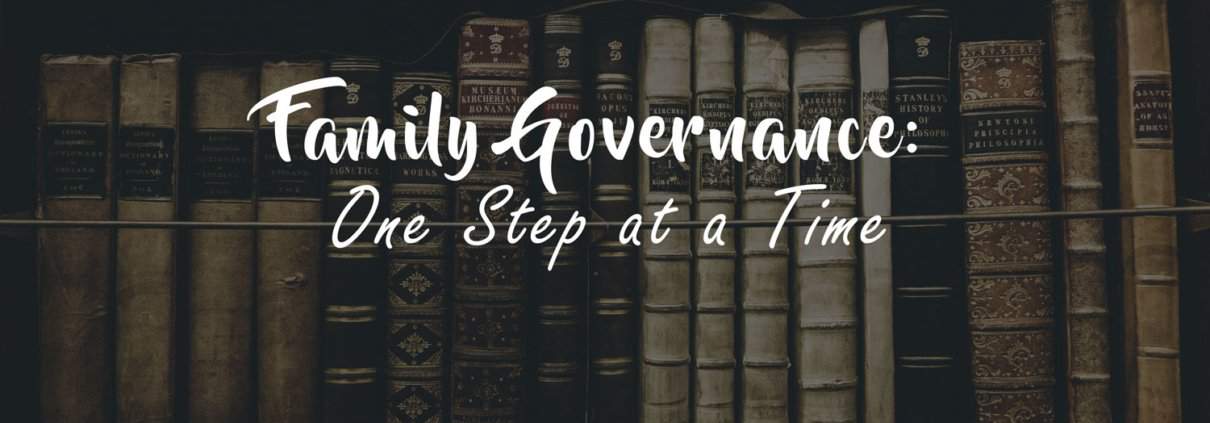Writing this blog every week allows me to share my thoughts on subjects relating to enterprising families and wealth continuity, and to talk about some of the best conferences I attend in this field.
There is a relatively new event on the calendar that is quickly becoming a favourite of mine, the Institute for Family Governance’s conference. This one-day event in NYC has taken place in late January the past 3 years, and will be back again in 2020.
And it is great fodder for this blog!
After IFG in 2017, I wrote Family Governance, Aaaah, and then last year Realistic Family Governance Goals. But this year, in addition to this piece, I’ll be following up with at least a handful of posts inspired by the conference.
Real World Experiences
As I wrote on their feedback survey, the highlight for me was the fact that there were so many examples of real families and what they have been doing in the area of family governance.
Of course there were presentations by practitioners who work with wealthy multigeneration families, but there were also plenty of people from families who shared their stories.
Now family governance is of course a niche, which I know based on some of the blank stares that I get from many people when I talk about the kind of work that I do.
The US Customs agent who asked me why I was going to New York sort of shook his head and tried not to laugh when I said the I was heading to a conference on family governance.
So the more we can get practitioners and families to share their experiences, about what real families have done and continue to do, the better for all of us who serve this field.
Time, Work, Practice, Leadership
There was a panel in the afternoon where one participant talked about an important decision his family made years ago when they hired a well-known family business consultant.
There were some such consultants in the audience of course, and you can imagine how all of our heads were nodding along.
But there was something else this man said that I noted, because it echoes a message that I find myself repeating a lot.
It didn’t seem to be a prepared or rehearsed remark either, just a genuine reflection about family governance in general.
I quickly jotted down the four main words that he mentioned when talking about his family’s governance efforts.
“This takes time, it takes work, it takes practice, and it takes leadership”
Doesn’t Just “Happen”
One of the ways I usually put it is to say that this stuff doesn’t just “happen” by itself.
One of the words I often add is “intention”, because being intentional is one way to describe it.
But the four words that he used really rang true, probably because he seemed to be saying them from his heart and literally from the top of his head, not on some prepared slide for a presentation.
Time and Work
Family governance does indeed take a lot of time, both in terms of manhours and in terms of months and years. That’s why I always urge people to start before they feel like they really need to; it’s almost never too early.
The amount of work involved is often more that the family expects at the outset. I’m sure that most advisors who work with families have had the experience where some family members start to feel governance “fatigue” at times.
Practice and Leadership
While time and work are common elements that may discourage families from implementing governance, practice and leadership are part of a different category.
Practice may not always make perfect, but his point was that you do get better at it as you do more of it. Working with family members isn’t always easy, and we need to do it repeatedly to get better at it.
That leaves leadership, which is also required. I would add that if there is only one leader who cares about it, the family likely won’t get very far.
If I were to change one thing in the quote I might swap out the word “leadership” and insert “leaders”, just to emphasize that it’s not a one-person job.
But of course we all recognize that good family governance must involve many family members, right?











